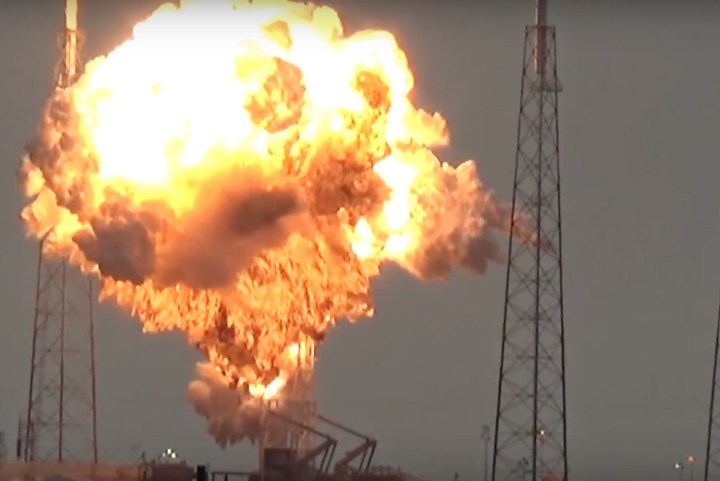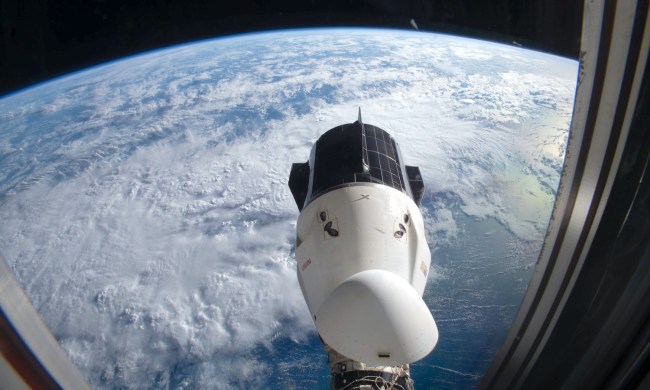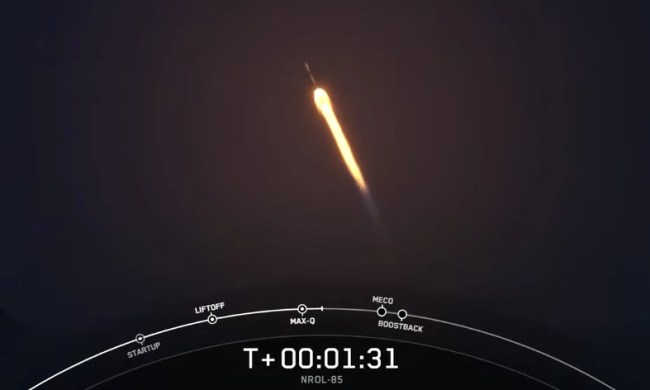
David Pollack, CEO of the Israel-based satellite operator, said this week he wants to see “several safe flights” from SpaceX before deciding to use the company’s technology again for future missions.
Keen for answers about what caused the Falcon 9 rocket to burst into flames as it stood on the launchpad during a fueling operation, Pollack told Reuters: “They have not yet discussed with us what they found. I don’t believe that there is even the slightest chance that [the problem] was coming from the satellite … but still nothing can be ignored. They have to look at everything.”
A short time after the fiery incident at Cape Canaveral, SpaceX CEO Elon Musk tweeted that the explosion “originated around upper stage oxygen tank. Cause still unknown. More soon.” However, since then no statements have been released from either Musk or the SpaceX team.
Spacecom, whose Amos-6 satellite had been lined up for use by Facebook as part of the social networking giant’s ambitious plan to bring low-cost internet connectivity to remote parts of the world, said earlier in the week that it may ask SpaceX to cough up $50 million for its loss – either that or a free place on one of its future launches.
Pollack said that “in principle,” he thinks the Falcon 9 system is “a nice launcher,” indicating that Spacecom would use it again so long as SpaceX can prove its reliability.
The explosion, the second launch-related disaster in 14 months for Musk’s private space company, comes as SpaceX makes huge progress with its other great challenge, namely landing its reusable rocket back on hard ground – or on an ocean-based barge – minutes after launch. While a fair few of those have, in the increasingly distant past, toppled over and exploded upon touchdown, the launches, with so much expensive technology belonging to other companies on board as well as a reputation to protect, are a crucial part of the mission that SpaceX knows it really can’t afford to mess up.


